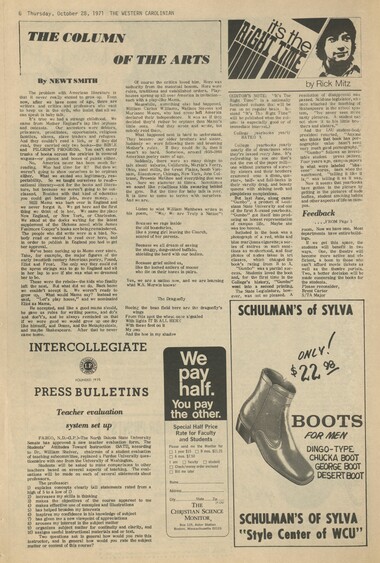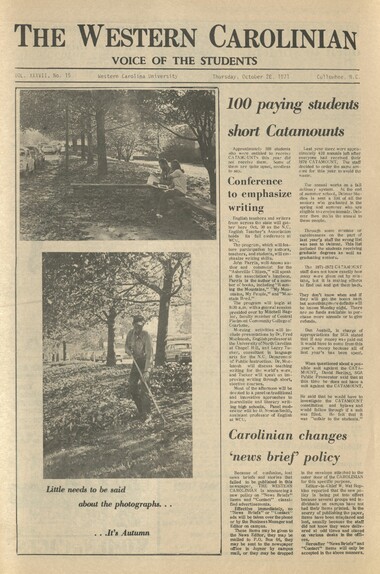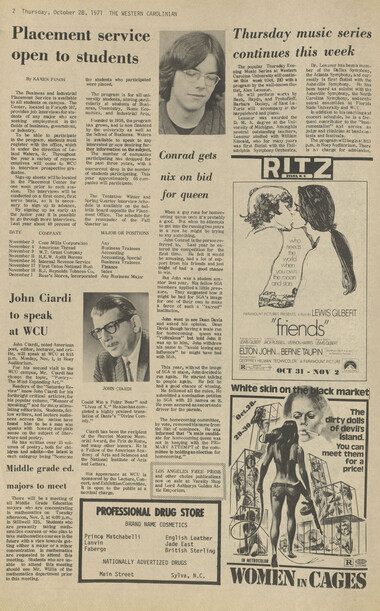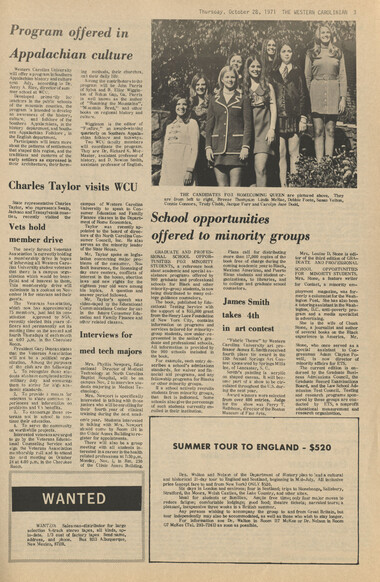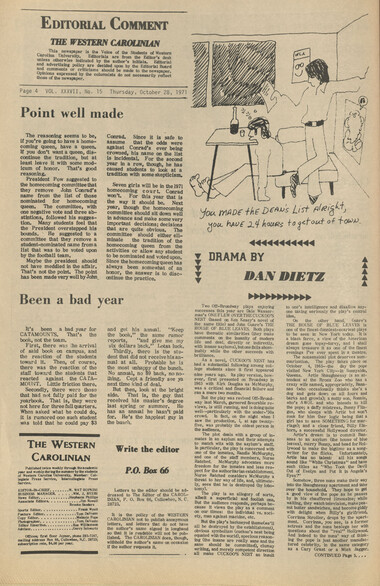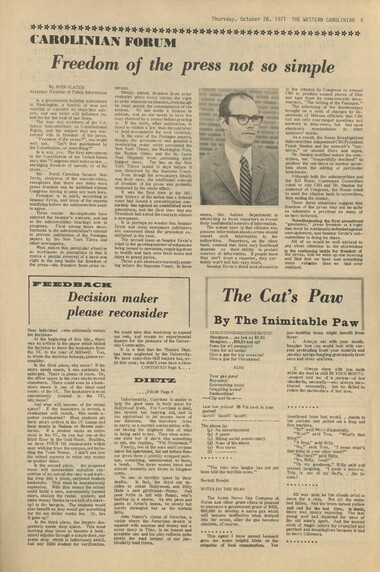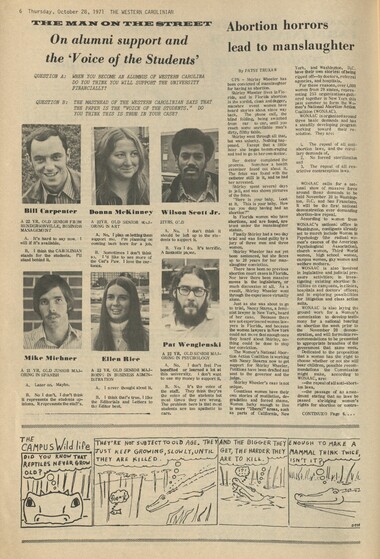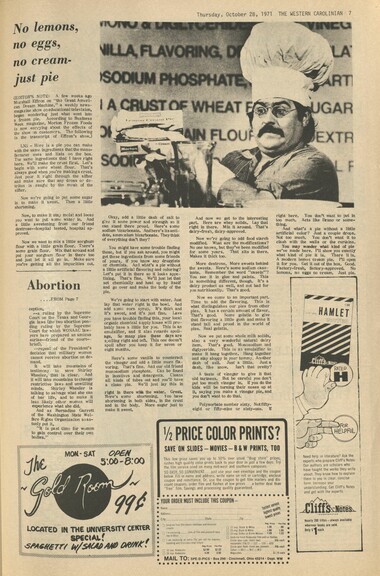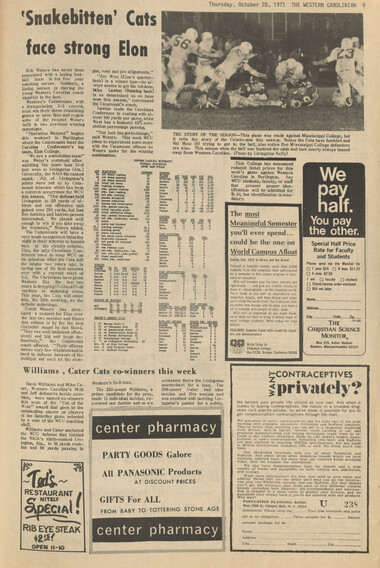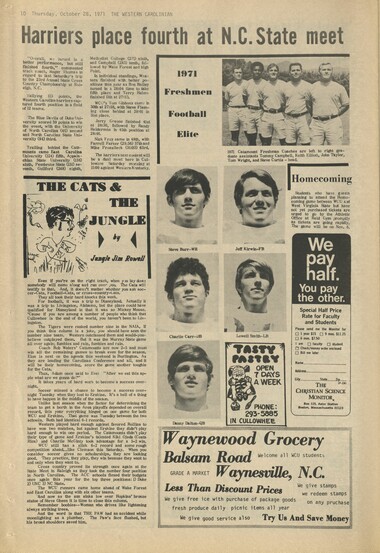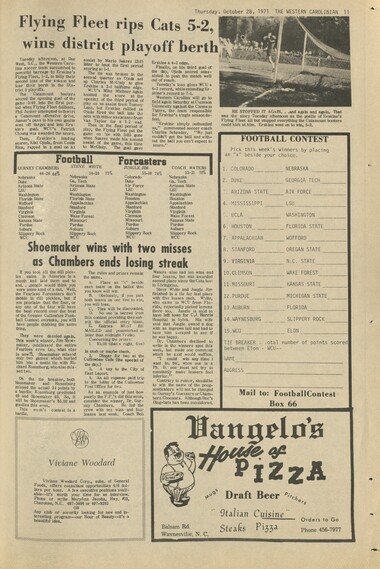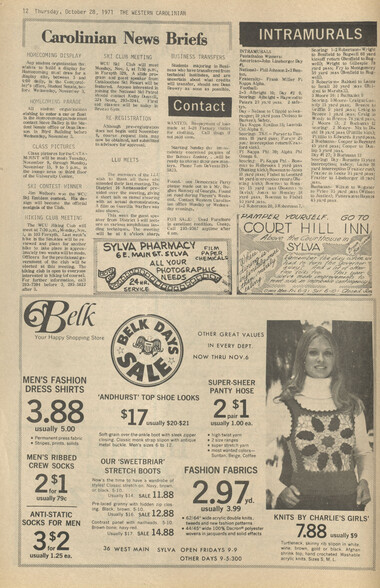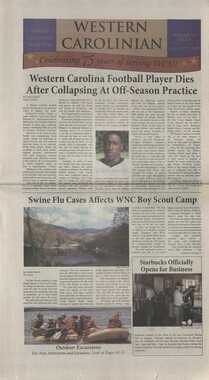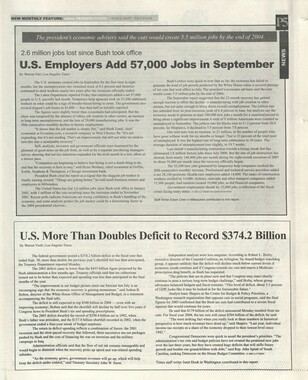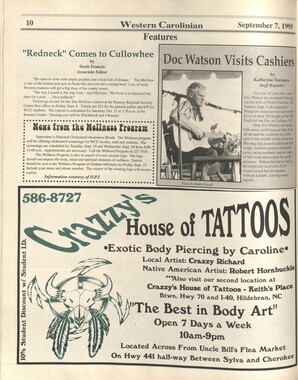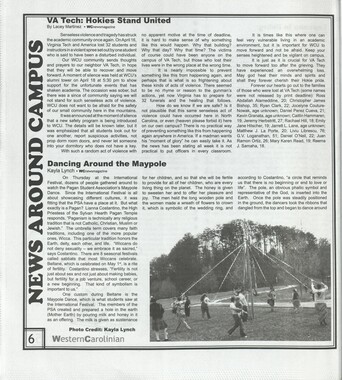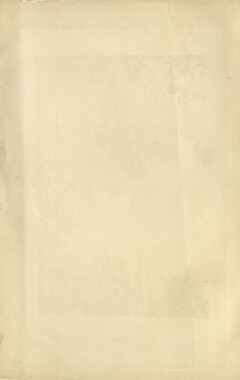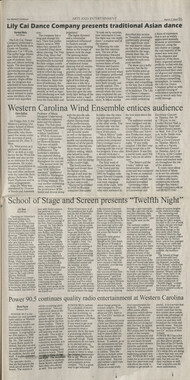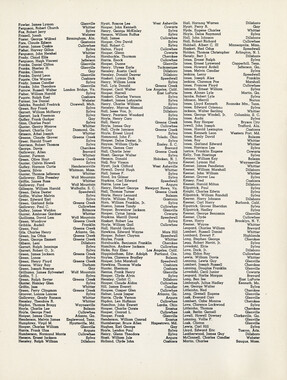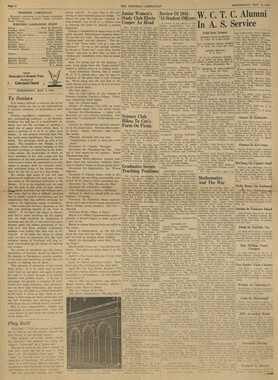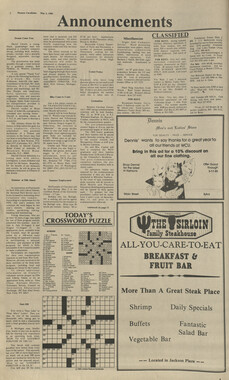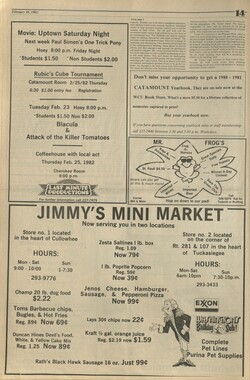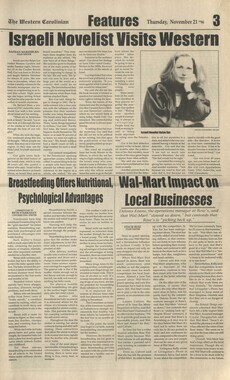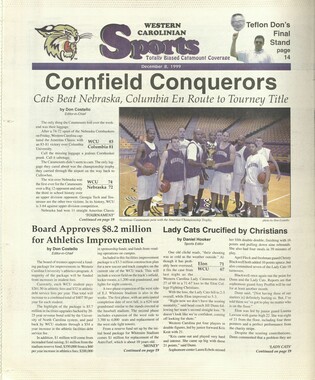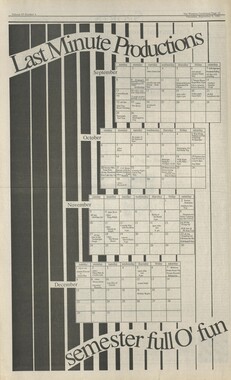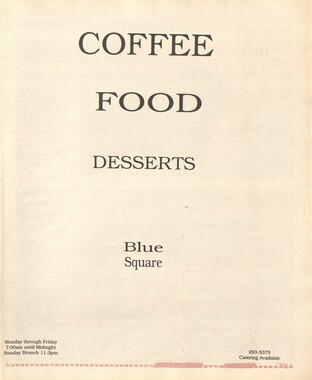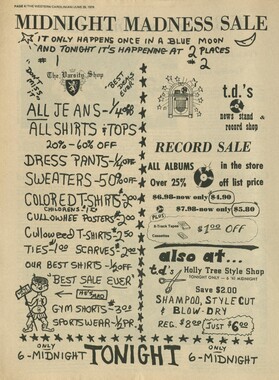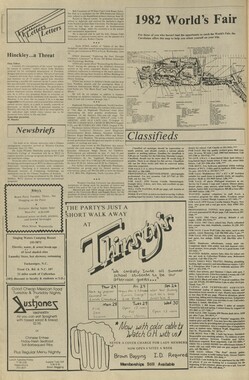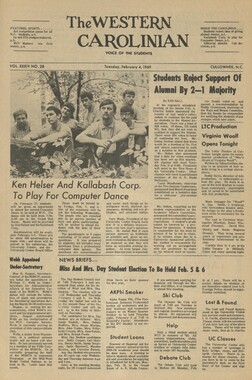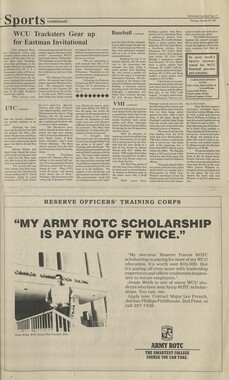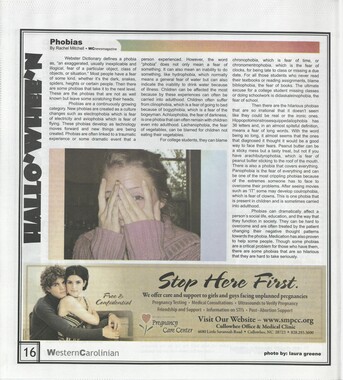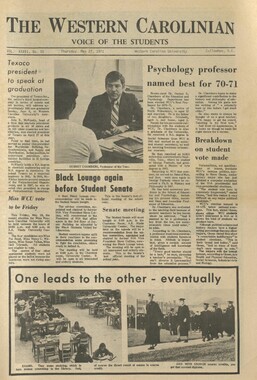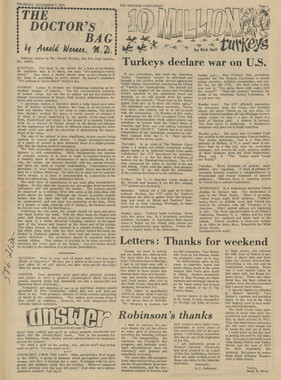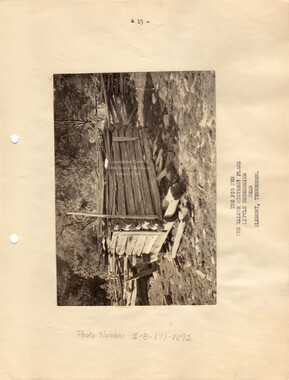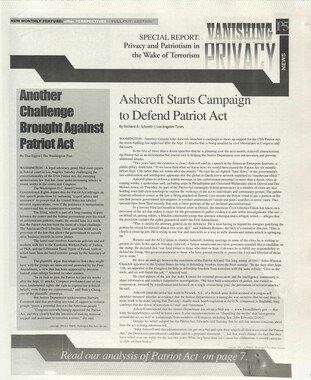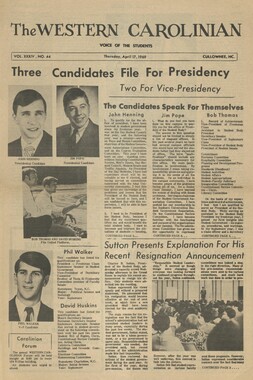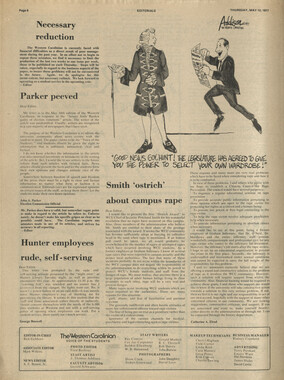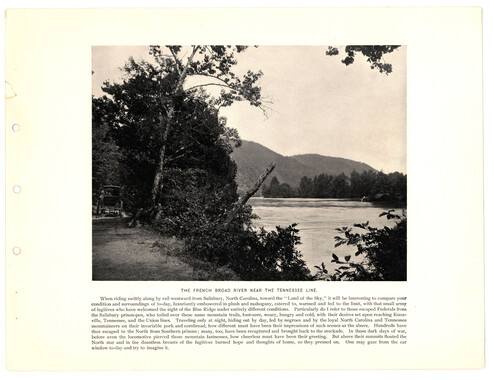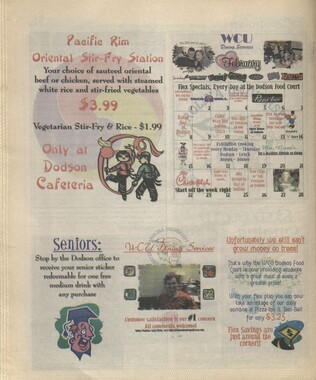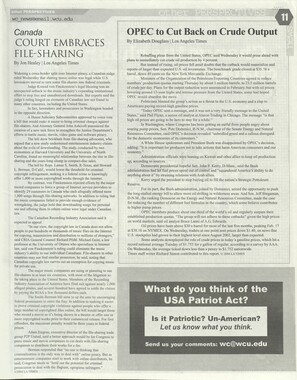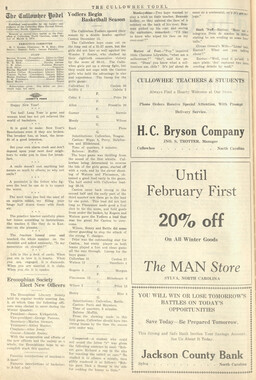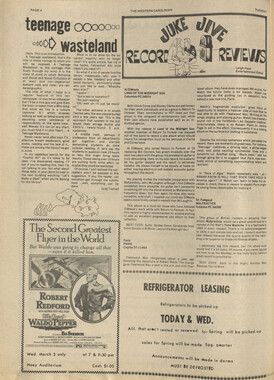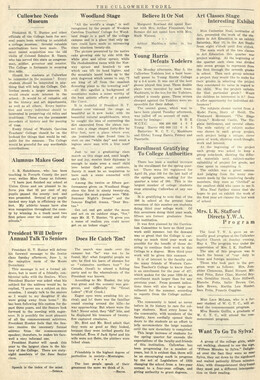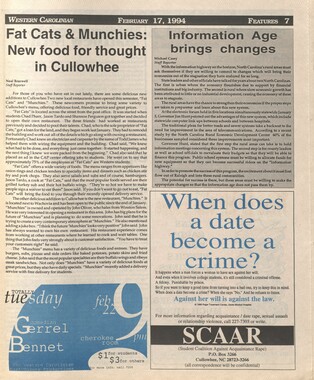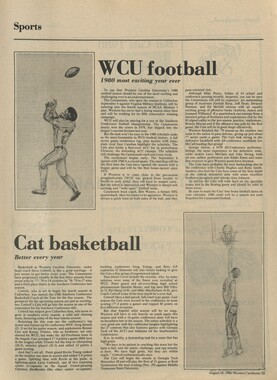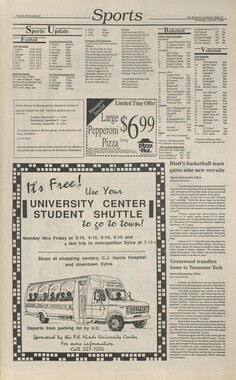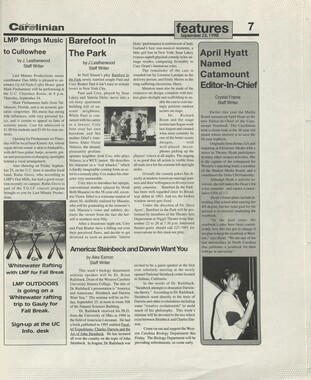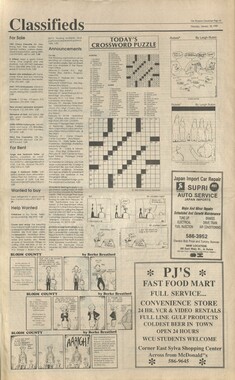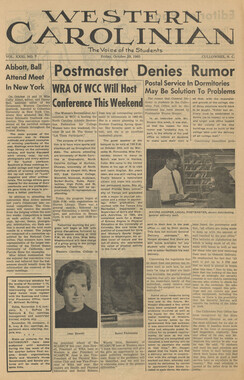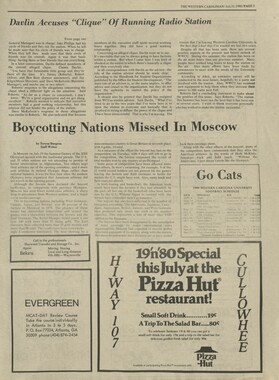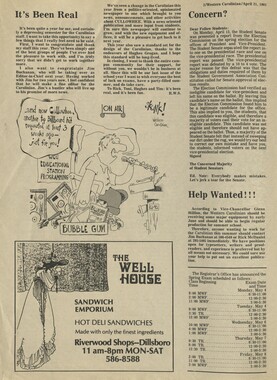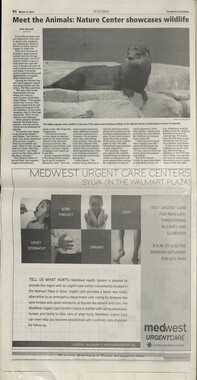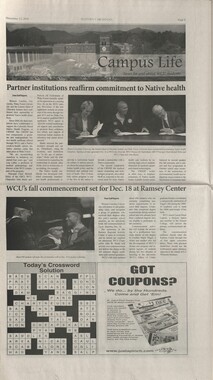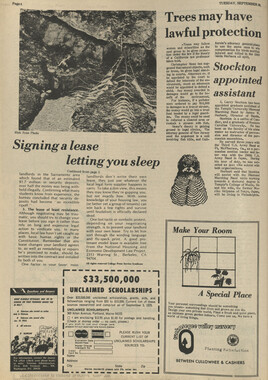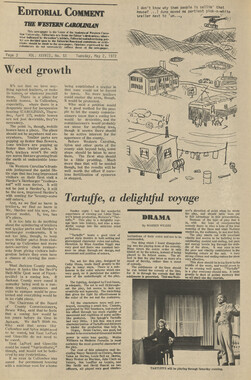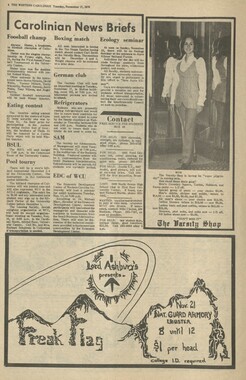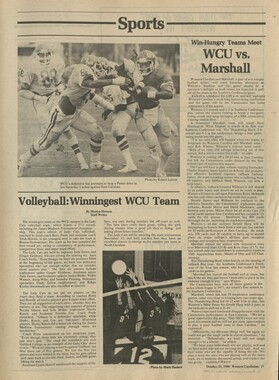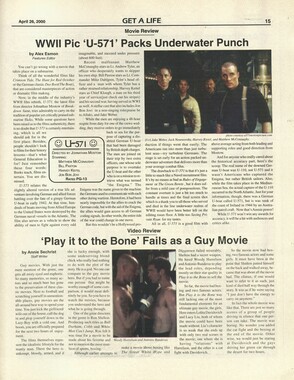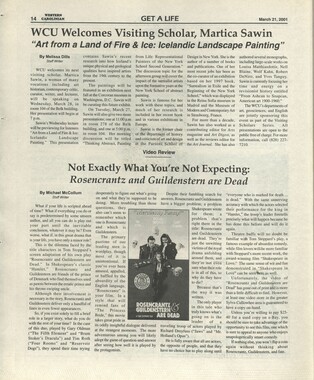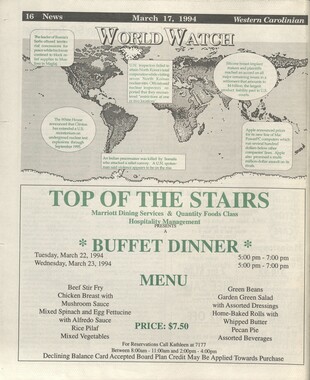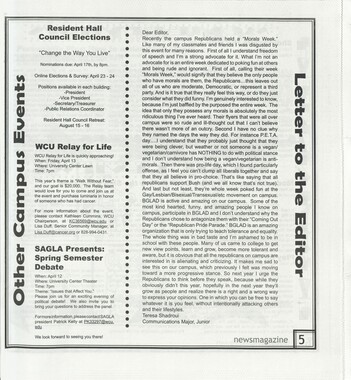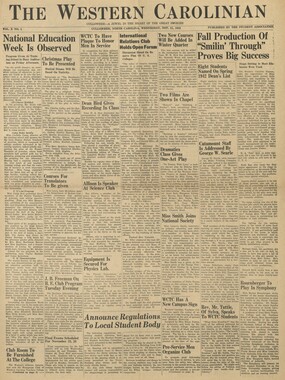Western Carolina University (21)
View all
- Canton Champion Fibre Company (2308)
- Cherokee Traditions (291)
- Civil War in Southern Appalachia (165)
- Craft Revival (1942)
- George Masa Collection (137)
- Great Smoky Mountains - A Park for America (3080)
- Highlights from Western Carolina University (422)
- Horace Kephart (998)
- Journeys Through Jackson (159)
- LGBTQIA+ Archive of Jackson County (89)
- Oral Histories of Western North Carolina (318)
- Picturing Appalachia (6617)
- Stories of Mountain Folk (413)
- Travel Western North Carolina (153)
- Western Carolina University Fine Art Museum Vitreograph Collection (129)
- Western Carolina University Herbarium (92)
- Western Carolina University: Making Memories (738)
- Western Carolina University Publications (2491)
- Western Carolina University Restricted Electronic Theses and Dissertations (146)
- Western North Carolina Regional Maps (71)
- World War II in Southern Appalachia (131)
University of North Carolina Asheville (6)
View all
- Allanstand Cottage Industries (62)
- Appalachian National Park Association (53)
- Bennett, Kelly, 1890-1974 (1463)
- Berry, Walter (76)
- Brasstown Carvers (40)
- Carver, George Washington, 1864?-1943 (26)
- Cathey, Joseph, 1803-1874 (1)
- Champion Fibre Company (233)
- Champion Paper and Fibre Company (297)
- Cherokee Indian Fair Association (16)
- Cherokee Language Program (22)
- Crowe, Amanda (40)
- Edmonston, Thomas Benton, 1842-1907 (7)
- Ensley, A. L. (Abraham Lincoln), 1865-1948 (275)
- Fromer, Irving Rhodes, 1913-1994 (70)
- George Butz (BFS 1907) (46)
- Goodrich, Frances Louisa (120)
- Grant, George Alexander, 1891-1964 (96)
- Heard, Marian Gladys (60)
- Kephart, Calvin, 1883-1969 (15)
- Kephart, Horace, 1862-1931 (313)
- Kephart, Laura, 1862-1954 (91)
- Laney, Gideon Thomas, 1889-1976 (439)
- Masa, George, 1881-1933 (61)
- McElhinney, William Julian, 1896-1953 (44)
- Niggli, Josephina, 1910-1983 (10)
- North Carolina Park Commission (105)
- Osborne, Kezia Stradley (9)
- Owens, Samuel Robert, 1918-1995 (11)
- Penland Weavers and Potters (36)
- Roberts, Vivienne (15)
- Roth, Albert, 1890-1974 (142)
- Schenck, Carl Alwin, 1868-1955 (1)
- Sherrill's Photography Studio (2565)
- Southern Highland Handicraft Guild (127)
- Southern Highlanders, Inc. (71)
- Stalcup, Jesse Bryson (46)
- Stearns, I. K. (213)
- Thompson, James Edward, 1880-1976 (226)
- United States. Indian Arts and Crafts Board (130)
- USFS (683)
- Vance, Zebulon Baird, 1830-1894 (1)
- Weaver, Zebulon, 1872-1948 (58)
- Western Carolina College (230)
- Western Carolina Teachers College (282)
- Western Carolina University (2008)
- Western Carolina University. Mountain Heritage Center (18)
- Whitman, Walt, 1819-1892 (10)
- Wilburn, Hiram Coleman, 1880-1967 (73)
- Williams, Isadora (3)
- Cain, Doreyl Ammons (0)
- Crittenden, Lorraine (0)
- Rhodes, Judy (0)
- Smith, Edward Clark (0)
- Appalachian Region, Southern (3032)
- Asheville (N.C.) (1945)
- Avery County (N.C.) (26)
- Blount County (Tenn.) (195)
- Buncombe County (N.C.) (1680)
- Cherokee County (N.C.) (283)
- Clay County (N.C.) (556)
- Graham County (N.C.) (238)
- Great Smoky Mountains National Park (N.C. and Tenn.) (535)
- Haywood County (N.C.) (3573)
- Henderson County (N.C.) (70)
- Jackson County (N.C.) (4925)
- Knox County (Tenn.) (35)
- Knoxville (Tenn.) (13)
- Lake Santeetlah (N.C.) (10)
- Macon County (N.C.) (421)
- Madison County (N.C.) (216)
- McDowell County (N.C.) (39)
- Mitchell County (N.C.) (135)
- Polk County (N.C.) (35)
- Qualla Boundary (982)
- Rutherford County (N.C.) (78)
- Swain County (N.C.) (2185)
- Transylvania County (N.C.) (270)
- Watauga County (N.C.) (12)
- Waynesville (N.C.) (86)
- Yancey County (N.C.) (72)
- Aerial Photographs (3)
- Aerial Views (60)
- Albums (books) (4)
- Articles (1)
- Artifacts (object Genre) (228)
- Bibliographies (1)
- Biography (general Genre) (2)
- Cards (information Artifacts) (38)
- Clippings (information Artifacts) (193)
- Copybooks (instructional Materials) (3)
- Crafts (art Genres) (622)
- Depictions (visual Works) (21)
- Design Drawings (1)
- Digital Moving Image Formats (2)
- Drawings (visual Works) (185)
- Envelopes (115)
- Exhibitions (events) (1)
- Facsimiles (reproductions) (1)
- Fiction (general Genre) (4)
- Financial Records (12)
- Fliers (printed Matter) (67)
- Glass Plate Negatives (381)
- Guidebooks (2)
- Internegatives (10)
- Interviews (823)
- Land Surveys (102)
- Letters (correspondence) (1070)
- Manuscripts (documents) (618)
- Maps (documents) (177)
- Memorandums (25)
- Minutes (administrative Records) (59)
- Negatives (photographs) (6090)
- Newsletters (1290)
- Newspapers (2)
- Notebooks (8)
- Occupation Currency (1)
- Paintings (visual Works) (1)
- Pen And Ink Drawings (1)
- Periodicals (194)
- Personal Narratives (10)
- Photographs (12977)
- Plans (maps) (1)
- Poetry (6)
- Portraits (4568)
- Postcards (329)
- Programs (documents) (181)
- Publications (documents) (2444)
- Questionnaires (65)
- Relief Prints (26)
- Sayings (literary Genre) (1)
- Scrapbooks (282)
- Sheet Music (2)
- Slides (photographs) (402)
- Songs (musical Compositions) (2)
- Sound Recordings (802)
- Specimens (92)
- Speeches (documents) (18)
- Tintypes (photographs) (8)
- Transcripts (329)
- Text Messages (0)
- A.L. Ensley Collection (275)
- Appalachian Industrial School Records (7)
- Appalachian National Park Association Records (336)
- Axley-Meroney Collection (2)
- Bayard Wootten Photograph Collection (20)
- Bethel Rural Community Organization Collection (7)
- Blumer Collection (5)
- C.W. Slagle Collection (20)
- Canton Area Historical Museum (2110)
- Carlos C. Campbell Collection (462)
- Cataloochee History Project (64)
- Cherokee Studies Collection (4)
- Daisy Dame Photograph Album (5)
- Daniel Boone VI Collection (1)
- Doris Ulmann Photograph Collection (112)
- Elizabeth H. Lasley Collection (1)
- Elizabeth Woolworth Szold Fleharty Collection (4)
- Frank Fry Collection (95)
- George Masa Collection (173)
- Gideon Laney Collection (452)
- Hazel Scarborough Collection (2)
- Hiram C. Wilburn Papers (28)
- Historic Photographs Collection (236)
- Horace Kephart Collection (861)
- Humbard Collection (33)
- Hunter and Weaver Families Collection (1)
- I. D. Blumenthal Collection (4)
- Isadora Williams Collection (4)
- Jesse Bryson Stalcup Collection (47)
- Jim Thompson Collection (224)
- John B. Battle Collection (7)
- John C. Campbell Folk School Records (80)
- John Parris Collection (6)
- Judaculla Rock project (2)
- Kelly Bennett Collection (1482)
- Love Family Papers (11)
- Major Wiley Parris Civil War Letters (3)
- Map Collection (12)
- McFee-Misemer Civil War Letters (34)
- Mountain Heritage Center Collection (4)
- Norburn - Robertson - Thomson Families Collection (44)
- Pauline Hood Collection (7)
- Pre-Guild Collection (2)
- Qualla Arts and Crafts Mutual Collection (12)
- R.A. Romanes Collection (681)
- Rosser H. Taylor Collection (1)
- Samuel Robert Owens Collection (94)
- Sara Madison Collection (144)
- Sherrill Studio Photo Collection (2558)
- Smoky Mountains Hiking Club Collection (616)
- Stories of Mountain Folk - Radio Programs (374)
- The Reporter, Western Carolina University (510)
- Venoy and Elizabeth Reed Collection (16)
- WCU Gender and Sexuality Oral History Project (36)
- WCU Mountain Heritage Center Oral Histories (25)
- WCU Oral History Collection - Mountain People, Mountain Lives (71)
- WCU Students Newspapers Collection (1923)
- Western North Carolina Tomorrow Black Oral History Project (69)
- William Williams Stringfield Collection (2)
- Zebulon Weaver Collection (109)
- African Americans (390)
- Appalachian Trail (35)
- Artisans (521)
- Cherokee art (84)
- Cherokee artists -- North Carolina (10)
- Cherokee language (21)
- Cherokee pottery (101)
- Cherokee women (208)
- Church buildings (190)
- Civilian Conservation Corps (U.S.) (111)
- College student newspapers and periodicals (2012)
- Dams (108)
- Dance (1023)
- Education (222)
- Floods (63)
- Folk music (1015)
- Forced removal, 1813-1903 (2)
- Forest conservation (220)
- Forests and forestry (1198)
- Gender nonconformity (4)
- Great Smoky Mountains National Park (N.C. and Tenn.) (181)
- Hunting (47)
- Landscape photography (25)
- Logging (122)
- Maps (83)
- Mines and mineral resources (9)
- North Carolina -- Maps (18)
- Paper industry (38)
- Postcards (255)
- Pottery (135)
- Railroad trains (72)
- Rural electrification -- North Carolina, Western (3)
- School integration -- Southern States (2)
- Segregation -- North Carolina, Western (5)
- Slavery (5)
- Sports (452)
- Storytelling (243)
- Waterfalls -- Great Smoky Mountains (N.C. and Tenn.) (66)
- Weaving -- Appalachian Region, Southern (280)
- Wood-carving -- Appalachian Region, Southern (328)
- World War, 1939-1945 (174)
Western Carolinian Volume 37 Number 15
Item
Item’s are ‘child’ level descriptions to ‘parent’ objects, (e.g. one page of a whole book).
-
-
8 Thursday, October 28, 1971 THE WESTERN CAROLINIAN THE COLUMN OF THE ARTS By NEWT SMITH The problem with American literature is that it never really wanted to grow up. Even now, after we have come of age, there are writers and critics and professors who want to keep us in the crib, who insist that all we can speak is baby talk, It's true we had a strange childhood. We came from Mother England's lap like orphans and outcasts, Our ancestors were debtors^ prisoners; prostitutes, opportunists,, religious fanatics, slaves, slave traders and refugees And they couldn't read a lick, or if they did read, they carried only two books—the BIBLE and PILGRIM'S PROGRESS. You can't carry trunks of book* across the prairies in covered wagons—or pianos and boxes of paints either. No, America ne/er has been much for reading. Who had time for it? But thun we weren't going to show ourselves to be orphins either. What we wanted was legitimacy, respectability. So we taught ourselves to read— national literacy—not for the books and literature, but because we weren't going to be outclassed^ Besides with that kind of education you could get better jobs, more money. . , Still Mama was back over in England and we never forgot it, W» get here and the first thing we think . of is her. We name the place New England, or New York, or Charleston. We stand at the docks waiting for the latest supplement of the Dickens novel while James Fenimore Cooper's books are being remaindered. The people who did write were in a bin! Nobody read or wanted to read over here, and in order to publish in England you had to get her approval. We've been sucking up to Mama ever since. Take, for example, the major figures of the early twentieth century American poetry, Pound, Eliot and Frost. The only way they could cut the apron strings was to go to England and sit in her lap to see if she was what we dreamed her to be. These were the rebels— the kids who finally left the nest. But what did we do. Back home we couldn't accept it. We weren't ready to grow up. What would Mama say? Instead we said, "Let's play house," and we nominated Eliot as Mama. He accepted, and like a good mama should, he gave us rules for writing poems, and do's and don't's, and he always reminded us that if we were good we would grow up one day like himself, and Donne, and the Metaphysical and maybe Shakespeare. After that he never came home. Of course the critics loved him. Here was authority from the maternal bosom. Here ware rules, traditions and established orders. Playhouses sprang up all over America in imitation each with a play-like M.ima. Meanwhile, something else had happened. William Carlos W.Tliams, Wallace Stevens md Marianne Mix>re, who had never left America declared their independence. It was as if the) decided they'd rather be orphans than Mama's little ones,, And they wrote and wrote, but nobody read them. What happened next is hard to understand. They became our older brothers and sister. Suddenly wo were following them and breaking Mother's rules. If they could do it, then it wasn't so hard. Somehow, around 1950-1960 American poetry came or. age., Suddenly, there were so many things to talk about: suburbs, California, Martin's Ferry, Ohio, steel mills, the Great Plains, South Vietnam, Eisenhower, Chicago, New York, John Col- trane, Brownie McGhee and everything that was us. Sure we stammer at times. Sometimes we sound like rebellious kids swearing behind the gym. But the time for baby talk is ever. It is time to come to terms w?th ourselves And we are. Listen to what William Matthews writes in his poem, "Wny Wt> are Truly a Nation": Because we rage inside the old boundaries^ like a young giri leaving the Church, scared of her parents. Because we all dream of saving the shaggy, dung-caked buffalo, shielding the herd with our bodies. Because grief united us, like the locked antlers of moose who die on their knees in pairs. Yes, we are a nation now,, and we are learning what W.S. Merwin knows.- The Dragonfly Hoeing the bean field here are the dragonfly's wings From this spot the wheat once signaled With lights IT IS ALL HERS With these feet on it My own And the hoe in my shadow INTERCOLLEGIATE FOUNDED 1935 PRESS BULLETINS Teacher evaluation system set up FARGO, N.D.-d.P.)-The North Dakota State University Senate has approved a new teacher evaluation form. The Students' Attitudes Toward Instruction (SATI), according to Dr. William Shelver, chairman of a student evaluation of teaching subcommittee, replaced a Purdue University ques= tionnaire with one from the University of Washington. Students will be asked to make comparisons to other teachers based on several aspects of teaching. The evaluations will be made on each of several statements about professors. The professor: 1) explains concepts clearly (all statements rated from a high of 5 to a low of 1) 2) increases my skills in thinking makes the objectives of the course apparent to me makes effective use of examples and illustrations has helped broaden my interests inspires my confidence in his knowledge of subject has given me a new viewpoint of appreciations arouses my interest in the subject matter organizes subject matter for continuity and clarity, and 10) assigns useful instructional materials and or text. Two questions ask in general how would you rate this instructor, and in general how would you rate the subject matter or content of this course? 3) 4) 5) 6) 7) 8) 9) Special Half Price Rate for Faculty and Students Please send me the Monitor for D 1 year $15 □ 9 mos. $11.25 □ 6 mos. $7.50 I am □ faculty □ student □ Check/money order enclosed □ Bill me later Name , Address- City- _State_ Zip THE <P-CN' Christian Science Monitor, Box 125, Astor Station Boston, Massachusetts 02123 by Rick Mitz (EDITOR'S NOTE: "It's The Right Time'" is a nationally furnished column that will be run on no regular basis. In stead "It's The Right Time" will be published when the col- umii is especially good or of immediate interasU) College yearbooks yearly RATED X College yearbooks yearly nearly die of dreariness when they're issued every June. It's refreshing to see one that's not the run of the paper mill— one without pictures of sorority sisters and their brothers crammed onto a divan, quarter-, half- and full-backs in their varsity drag, and beauty queens with shining teeth and pimpleless complexions. But last June, along came "Gumbo";, a product of Louisiana State University and one of the first X-rated yearbooks., "Gumbo" got itself into producing an honest representation of campus life. Maybe she was too honest. Included in the book was a photograph of a red, white and blue marijuanacigarette;a series of satires on such sanctions as motherhood, and four photos of nades taken in arc classes,, which changed the book's rating from R to X "Gumbo" was a partial success. Students loved the book and, for the first time in the College's history, "Gumbo" went into a second printing The State Legislature, how- ever, was not so pleased, A resolution of disapproval was passed. Said one legislator, whi once attacked die teaching of Shakespeare in the school system, "Ive never seen more nasty pictures. A student can not show it to his little bro thers and sisters." And the LSU student-body president retorted^ "Anyone who thinks that book has pornographic value hasn't seen very much good pornography." "Gumbo'' follows an invevi- table student press pattern. Four years ago, campus papers in what were labeled "obscene" words8 back when the watchword^ "telling it like it is,"' was telling it as it was. Now it seems that yearbooks have gotten in the picture by getting in the pictures of nude bodies, student smoking habits and other aspects of life on campus. Feedback „ . . .FROM Page 5 room. Now we have one. Most departments have entire buildings. If we get this space,, the students will benefit in two ways. One, the theatre will become more active and efficient, a boon to those who can't afford movie tickets as well as the theatre purists. Two, a better decision will be made concerning the books for the students. Please reconsider, Brent Carter S/TA Major SCHULMANS of SYLVA BOOTS k fOA/U£Af 4 DINGO-TVPE. CHUCKA BOOT J|, GEORGE BOOT ^ JDESERTBOOT SCHULMANS OF SYLVA "Style Center of WCU"
Object
Object’s are ‘parent’ level descriptions to ‘children’ items, (e.g. a book with pages).
-
The Western Carolinian is Western Carolina University’s student-run newspaper. The paper was published as the Cullowhee Yodel from 1924 to 1931 before changing its name to The Western Carolinian in 1933.
-
